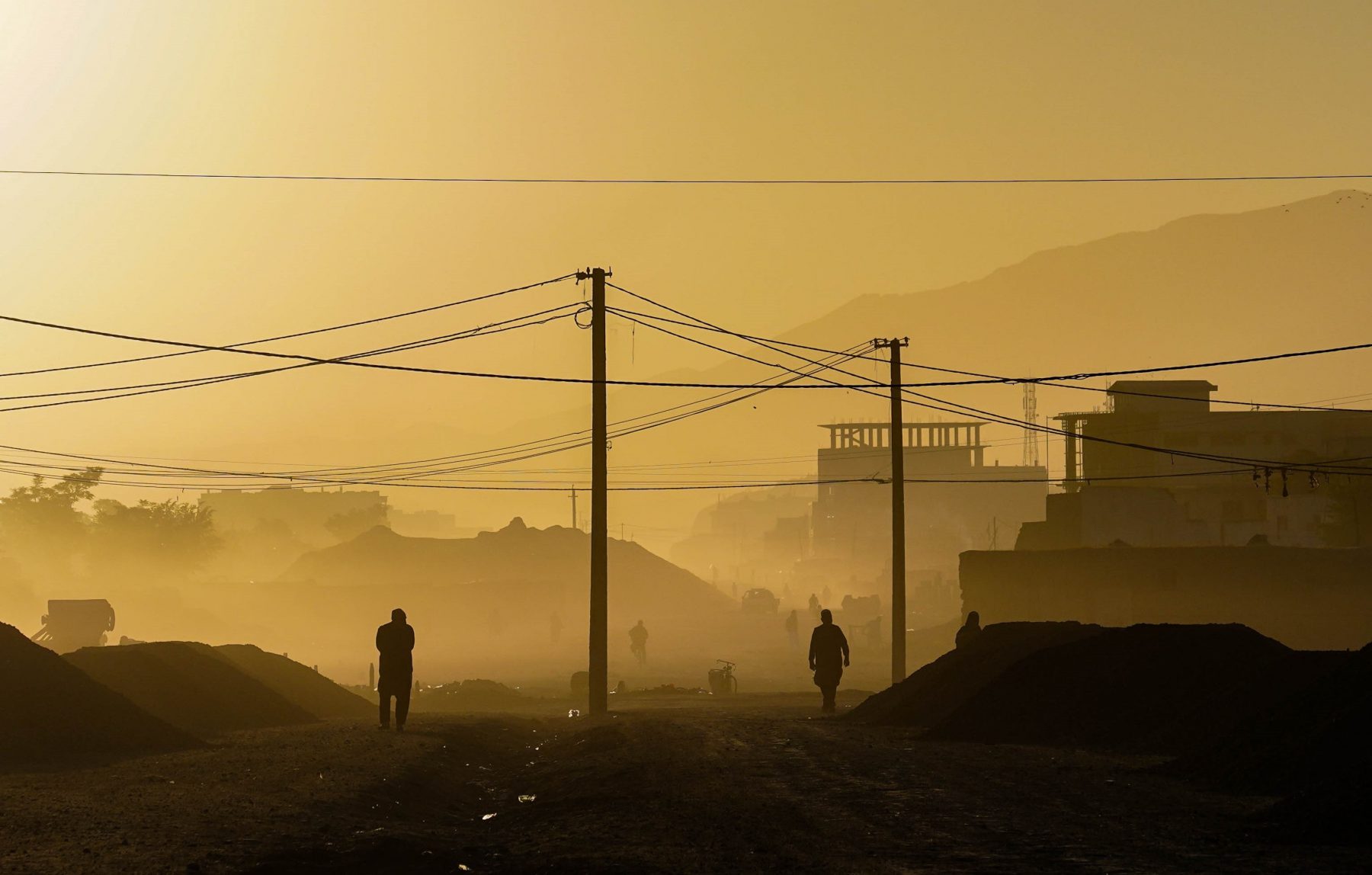The AEJ is supporting actions by a number of other groups trying to protect journalists in Afghanistan.
The AEJ is one of more than 50 media and civil society organisations, including many with long-standing operations in Afghanistan, which presented urgent recommendations to the leaders of the G7 countries to ensure the protection of journalists and their families in Afghanistan.
The joint statement was published on 23 August as the international evacuation of Afghans at high risk from the Taliban takeover approached its final phase and called for a series of specific measures:
– an explicit commitment to evacuate all journalists, media workers and media advocates at risk and their families
– Ease visa restrictions for all Afghan journalists, media workers, media advocates and their families seeking asylum
– Simplify and secure the process for visa application, and collaborate with third countries when possible
– Provide safe passage to and at the airport and other routes
– Remain in Kabul in order to secure the airport and the possibility to evacuate beyond the August 31 deadline
– Create an emergency fund for Afghan journalists and media workers
– Provide pathways for cash to enter in the country
– Repurpose development budget lines to address the emergency situation
– Coordinate efforts within the United Nations system for immediate support
– Call for the establishment of an independent monitoring and investigative mechanism at the Human Rights Council that is adequately staffed and resourced.
The AEJ also supported the UK National Union of Journalists’ appeal to help media colleagues in Afghanistan and establish a special fund with the International Federation of Journalists to seek donations.
The AEJ supports the IFJ’s initiative to set up an Afghanistan Solidarity Fund to channel urgent support to journalists by all means possible.
Reporters Without Borders called on the UN Security Council to meet in extraordinary session to address the crisis resulting from the fall of Kabul and the situation of journalists in particular.
AEJ media freedom representative William Horsley said most at risk were those who have worked with western media or benefitted from foreign funding of a modern media and information sector in the country over the past twenty years.
He called on European governments to act immediately to provide emergency humanitarian visas, refugee status and new opportunities abroad to Afghan journalists.
Hundreds of journalists and their family members were among countless thousands of Afghans scrambling to obtain safe passage on flights out of the country amid scenes of chaos and sometimes violence.
The International Federation of Journalists estimated that forced closures of media outlets had already left over one thousand Afghan media workers jobless.
There were reports of journalists and broadcasters around the country being attacked or going into hiding and women media workers need special protection against dire punishments and accusations of sexual crimes.
Recommendations to the G7
NUJ appeal
International Federation of Journalists special fund
Afghanistan Solidarity Fund
AEJ on Afghanistan

Photo by Mohammad Rahmani / Unsplash







